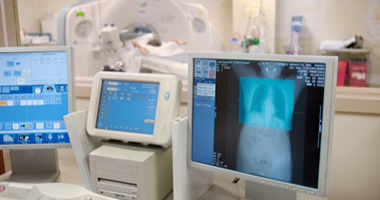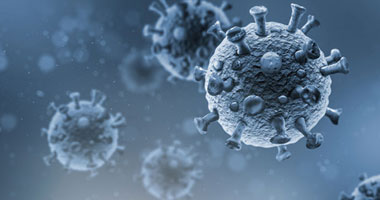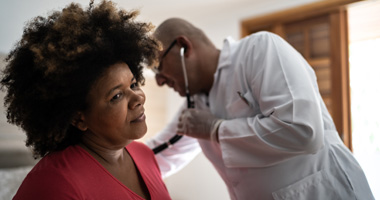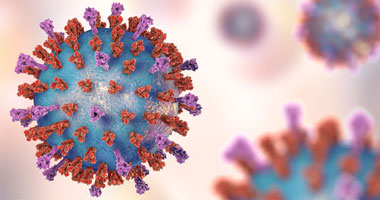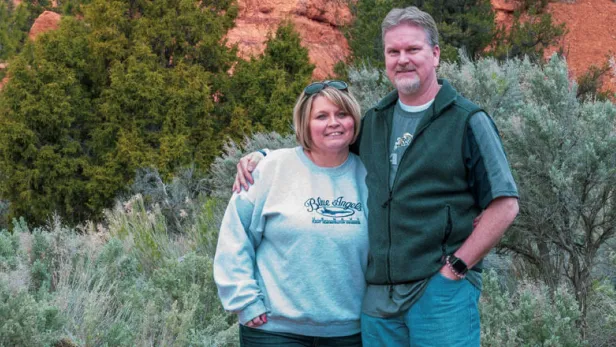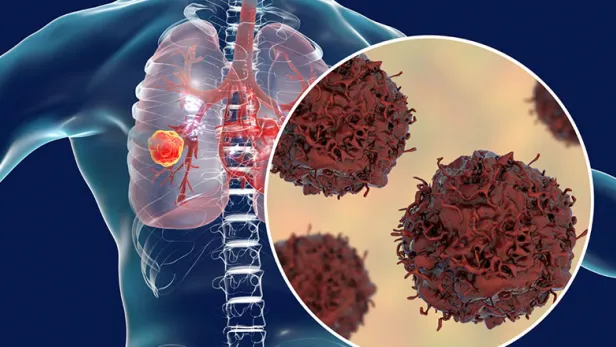With every inhale and exhale, the lungs perform two critical functions: bringing oxygen into the blood and removing carbon dioxide from the body. An estimated 34 million people in the U.S. have a lung disease,2 which can make breathing difficult.3
What are lung diseases ?
Lung diseases, also known as respiratory diseases, have a number of causes, which can include infections from viruses, bacteria, and fungi. Other than infections, substances in the environment, like radon or asbestos, can also lead to lung conditions. Smoking is a common risk factor for lung diseases. It’s the leading cause of lung cancer and one of the top causes of chronic obstructive pulmonary disease (COPD).4,5
Categories of lung disease include:
- Airway diseases: Air reaches the lungs through tubes called airways, which also release carbon dioxide from the lungs. Airway diseases block or narrow these tubes, hindering breathing.3
- Lung tissue diseases: Lung tissue becomes scarred or inflamed, changing the structure of the lungs. The scarring and inflammation may leave a person unable to draw a complete breath or fully exhale. People with lung tissue diseases may feel like their breathing is tight or shallow.3
- Lung circulation diseases: The lungs contain blood vessels, which are tubes that carry blood throughout the body.3,6 A person with a lung circulation disease may experience blood clots or inflamed or scarred blood vessels. As a result, the lungs may struggle to bring oxygen into the blood or expel carbon dioxide from the body. Lung circulation disease may also affect the heart.3
In many cases, a respiratory disease combines elements of these three types.3
How does lung disease affect the body?
Each lung disease has its own causes and effects,3,7 but common symptoms include:
- Lower energy levels7
- Painful breathing7
- Difficulty inhaling and/or exhaling7
- Feeling short of breath7
- Feeling like you can no longer exercise7
- A cough that produces mucus or blood7
- A cough that doesn’t improve7
- Wheezing8
Lifestyle changes such as a healthier diet, quitting smoking, and avoiding secondhand smoke can lower the risk of lung disease. Staying away from chemicals like asbestos and radon may also help.7
- References
- How the lungs work. National heart, Lung, and Blood Institute. https://www.nhlbi.nih.gov/health/lungs. Updated March 24, 2022. Accessed May 10, 2023.
- Our impact. American Lung Association. https://www.lung.org/about-us/our-impact. Updated February 6, 2023. Accessed May 10, 2023.
- Lung disease. MedlinePlus. https://medlineplus.gov/ency/article/000066.htm. Accessed May 10, 2023.
- Lung diseases. National Institute of Environmental Health Sciences. https://www.niehs.nih.gov/health/topics/conditions/lung-disease/. Updated November 4, 2022. Accessed May 10, 2023.
- Chronic obstructive pulmonary disease (COPD). World Health Organization. https://www.who.int/news-room/fact-sheets/detail/chronic-obstructive-pulmonary-disease-(copd). Updated March 16, 2023. Accessed May 10, 2023.
- Blood vessel. National Cancer Institute. https://www.cancer.gov/publications/dictionaries/cancer-terms/def/blood-vessel. Accessed May10, 2023.
- Lung disease. Office on Women’s Health. U.S. Department of Health & Human Services. https://www.womenshealth.gov/a-z-topics/lung-disease. Updated August 20, 2021. Accessed May 10, 2023.
- Wheezing. StatPearls. https://www.ncbi.nlm.nih.gov/books/NBK482454/. Updated August 28, 2022. Accessed May 10, 2023.



